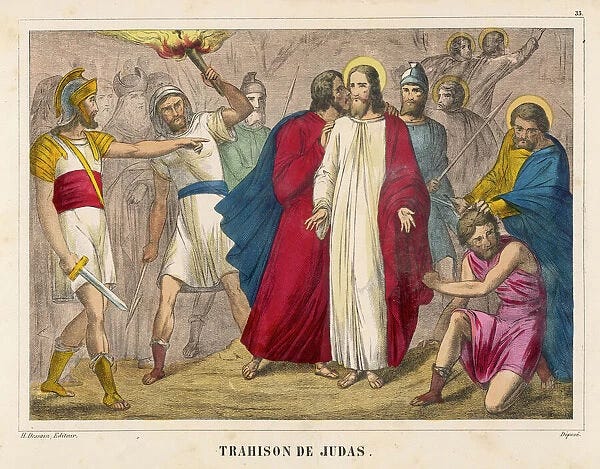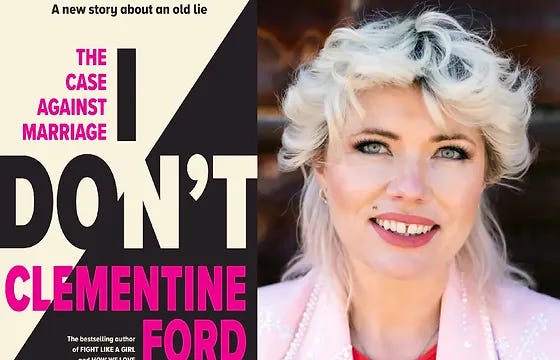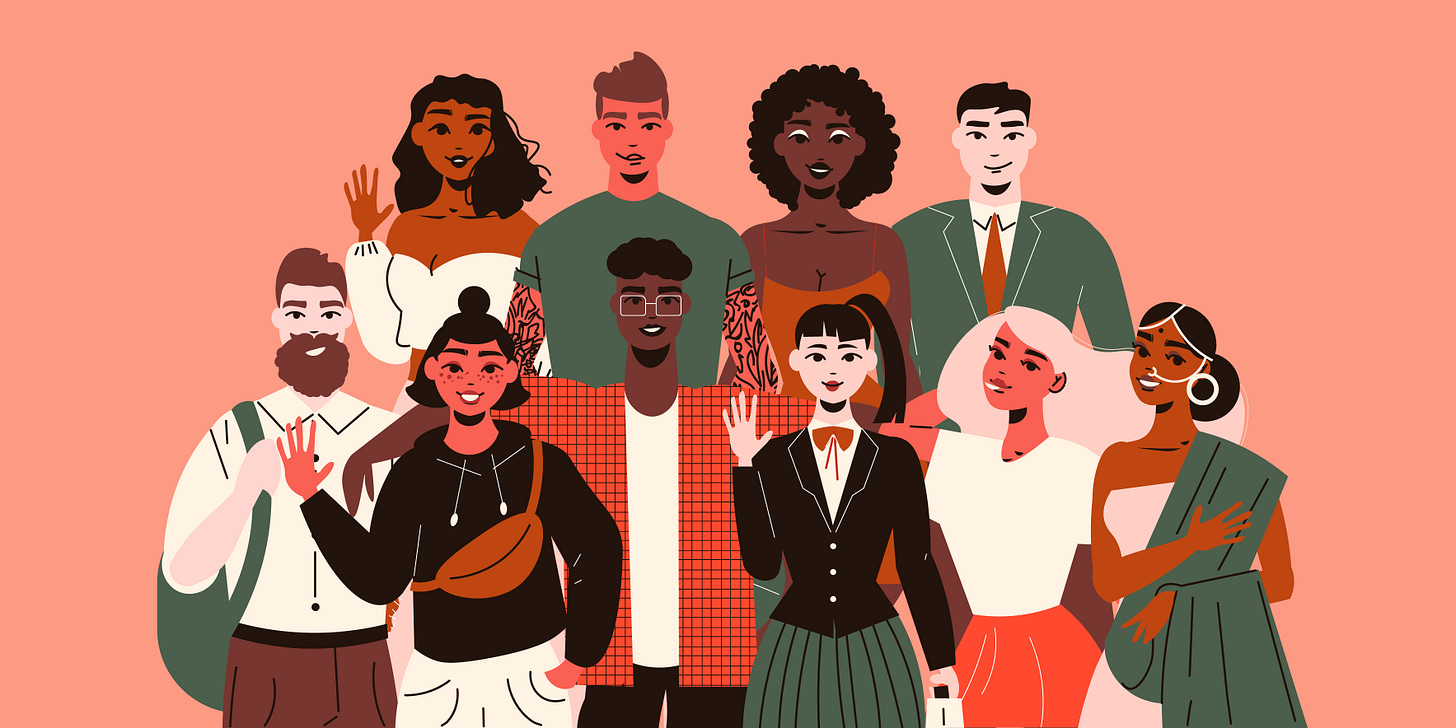Written by Mark Richardson, convener of the Melbourne Traditionalists. Article originally published in the ‘Oz Conservative’.
Man was made to be embedded in certain kinds of relationships. The obvious one is the family, in which we can fulfil aspects of our mission as men and as women; our drive to reproduce ourselves and the tradition we belong to; to pair bond with someone of the opposite sex; to uphold our lineage and the tradition of achievement it represents; and to be anchored by the stable loves and attachments which are possible within kin relationships.
Much the same goes for the larger familial type community which we belong to, namely our membership of an "ethny". This gives us a connection to generations past, present and future; it connects us deeply to people and place; it makes us custodians of a particular cultural inheritance; it deepens our social commitments; and, again, it draws us into a set of relationships based on natural forms of loyalty and common identity.
Little wonder that for our ancestors piety, understood to mean honouring those who sacrificed to create who we are, namely God, our parents and our nation, was such an important virtue. And little wonder too that fidelity, a proven loyalty to family and nation, was so important and that acts of infidelity or treachery were so fiercely condemned (traitors occupied the innermost circle of hell in Dante's Inferno.)
These relationships are foundational to human life. Without them the individual loses his footing, loses the stability necessary to hold together his psyche/soul, and will spend a life not aiming for the highest things, or oriented to what is good, or true or beautiful within existence, but trying to assuage his anxiety and to keep at bay, however he can, his unease.
What is so unusual about modern Western society is that an influential part of our intellectual class not only fails to defend these relationships, but with unerring instinct and with tremendous moral passion seeks to undermine them. In other words, they are actively oriented to an ethos of infidelity.
You can see this in the feminist women who claim that "men have been the greatest enemy of women" or who relentlessly promote the idea that the biggest threat to women is their own husbands, who are portrayed as tyrants and abusers. This represents an effort to break the ties between men and women, to adopt a mindset in which men and women are fundamentally set apart.
You can see it too in those white liberals who so readily accept atrocity stories designed to dehumanise their own ancestors and to encourage young people to turn against their own history and heritage.
How did it come to this? There is no single source for the descent of the West. Our inability to defend our communal foundations has multiple sources that span both the left and the mainstream right of politics. What I want to do is to attempt to describe just one of these strands, namely that of secular humanist leftism. This appeared amongst an avant-garde by the early 1800s, though humanism itself goes back well before this. Today it is the predominant worldview amongst the Anglo urban middle-class. It is the orthodox view of most teachers and academics, the ones responsible for instructing our children.
You can see the politics of infidelity very clearly in the works of the poet Percy Bysshe Shelley. Unlike most of his fellow Englishmen of the early 1800s, he stood fiercely opposed to God (and not on scientific grounds - he was happy to believe in ghosts). He identified with Satan not because he saw Satan as evil, but because he saw Satan as asserting a freedom against God (unsurprisingly, this identification with Satan persisted amongst avant-garde intellectuals for much of the nineteenth century).
Shelley adopted the attitude of non-serviam: I will not serve. He did so perhaps for the usual reason of pride, but more so it seems because of his notion of human freedom. I am speculating here, but I suspect that Shelley had the attitude that our authority lies in our own reason and will; that therefore we should be subject only to our own reason and will; and that therefore a God who establishes an external law for us to follow, whether this be a natural law or revelation, is a tyrant exercising power over us.
(A brief detour: the notion that the existence of an external law, including God's law, makes us unfree is easy to challenge. If the laws were merely arbitrary, then, yes, they would represent subjection. But if they represent truths about how our lives are rightly ordered, then the more that we obey them, the closer we get to the truth of our being, and the less that they become external impositions.)
Much follows from this rejection of external authority. It means that we can no longer recognise the vertical structure of reality; if everyone is their own authority, then how can I recognise the authority of a bishop or a king or even a father? Relationships can only be horizontal - they can only exist "sideways", hence the emphasis on equality.
Similarly, if there is no natural order of being, and only individuals following the authority of their own will and reason, then many traditional distinctions become obsolete, such as those between men and women, or those of nation (Shelley termed such things "detestable distinctions"). In particular, the duties that flow from them will be rejected as external impositions on the sovereign self.
Here is Shelley imagining the new man:
The loathsome mask has fallen, the man remains/ Sceptreless, free, uncircumscribed, but man/ Equal, unclassed, tribeless, and nationless,/ Exempt from awe, worship, degree, the king/ Over himself
It's very clearly expressed. You can see the absolute rejection of the vertical structure: no king, no social classes, no God, no awe. You can see the rejection of "distinctions", meaning the qualities that give people a supra-individual identity and belonging: no tribes or nations. There is only the free and uncircumscribed individual.
But that is only part of the story. Shelley was not committed to the classical liberal view that man has a low nature (selfish, acquisitive, greedy) that can be harnessed within society. One reason he hated Christianity is that he disliked the idea that man's nature was fallen. He chose to believe that you could have a society of self-sovereign individuals, not subject to external law or custom, who would choose, like himself, to live according to noble principles and, above all, according to selfless love.
This was an expression of the "all you need is love" ethos that has been around in more recent times (Shelley and John Lennon would have got on like a house on fire - Lennon's "Imagine" is very much in the Shelleyan spirit). Given his belief that love, without moral law, was sufficient, Shelley logically adopted the free love idea: that men and women should remain in a relationship for as long as the love was there, but then move on without jealousy once it finished. It led to a trail of destruction in Shelley's life, including the suicide of his first wife whom he abandoned to run off with the teenage Mary Shelley.
Many middle-class liberals have continued along much the same lines as Shelley. They see themselves as representing the forces of love and peace, despite acting with immense hostility against those they see as upholding traditional loyalties. We should not be surprised by this. If they reject law and custom as sources of authority, then like Shelley they are likely to see themselves as acting from some sort of inwardly generated universal benevolence or disinterested love instead. The intense virtue signalling perhaps reflects this anxiety to prove that they still have a moral foundation.
Similarly we should not be surprised at the vehemence, the rage and despair, that they feel toward those who are not "enlightened" and who still have fidelity when it comes to supporting traditional family roles or national identities. For Shelleyan leftists, these are not part of the necessary foundations that support individual life, but aspects of tyranny and oppression over the self-sovereign individual, particularly if these foundations have some standing and authority within the mainstream of society (e.g. "whiteness" in Western countries or masculine leadership in the family or society). They are seen to be assertions of power by some over others, existing for the purposes of exploitation and hindering the progress toward the new free and equal individual.
The utopias imagined by Shelleyan type leftists have often involved a picture of individuals living free from necessity, without a government (why would you need one once human nature is redeemed and there is no need for law). The individual in these communities is free to wander around by themselves, with no personal property, forming voluntary friendships, sharing everything including the women.
In reality, the drift has been toward a mass floating particle society with an ever more centralised state, leading ultimately toward global governance. There are some traditionalists who have picked up on this aspect of leftism and who wish to combat it by emphasising instead smaller scale, localised community life with a return to more personalised relationships. I do think this is one legitimate response to liberal modernity, but with one caveat.
Such communities won't survive the larger trends within society without clarity of principle, i.e. without firmly establishing an alternative ethos or "metanarrative" that can be embedded within its culture. Similarly, they won't survive without vigilance when it comes to guarding the institutions (the schools, the churches, the local media). There clearly exists a temptation for intellectual types to drift toward a Shelleyan worldview, and it is these types who are often the most motivated to work their way into positions of influence. The left understands how "formation" works - the deliberate approach to instilling a certain worldview, or set of presuppositions, in the young. We should not leave formation to chance, but must have a deliberate approach to it. Finally, we should keep challenging at the political level: the stronger a position that we build for a traditionalist politics within the mainstream of society, the more likely it is that local communities will be sustained into the future.







